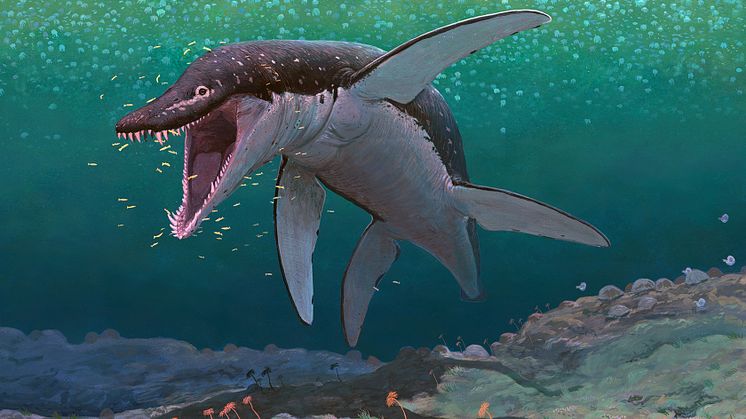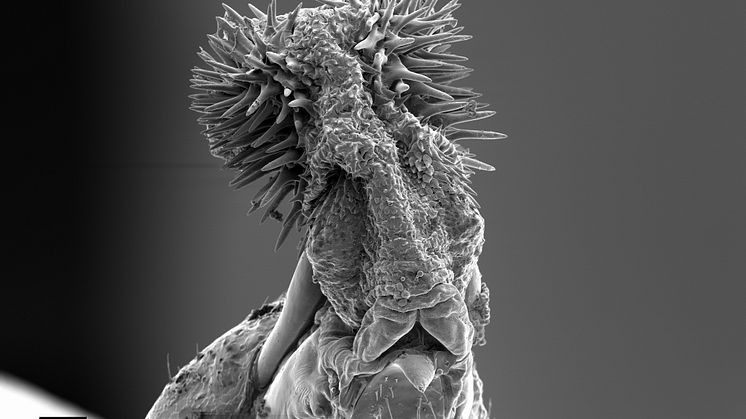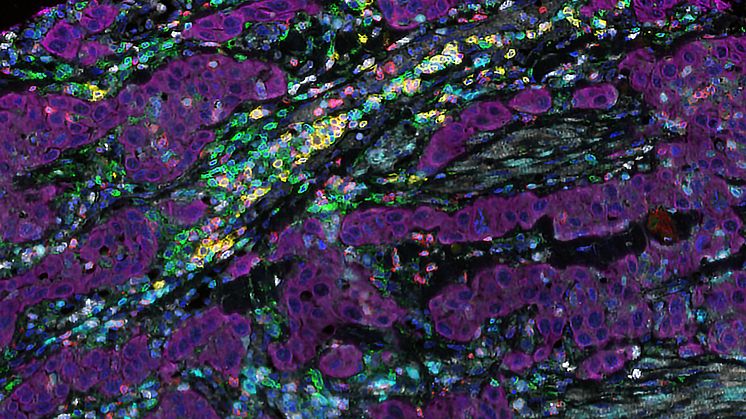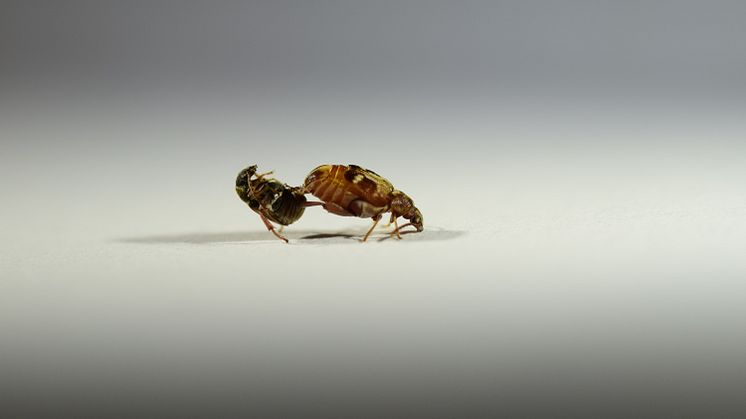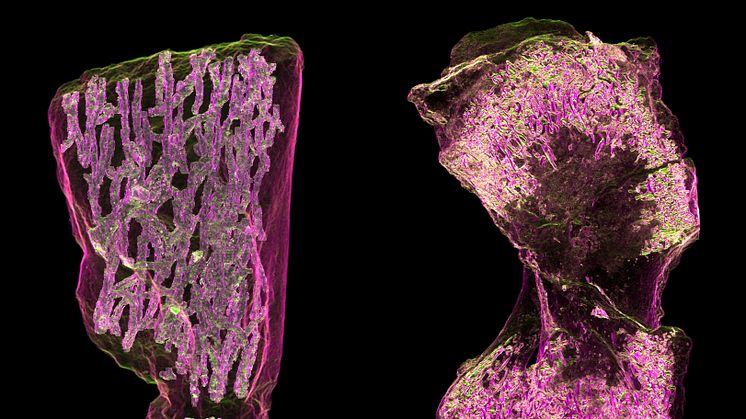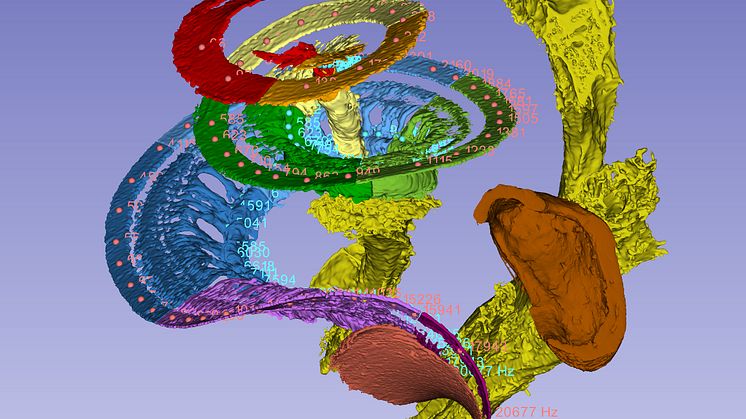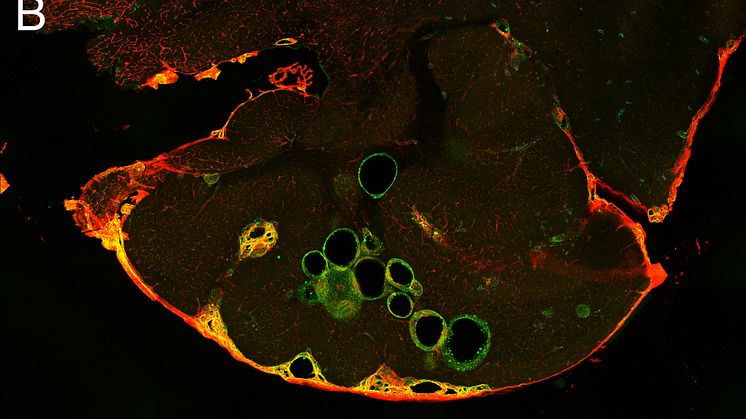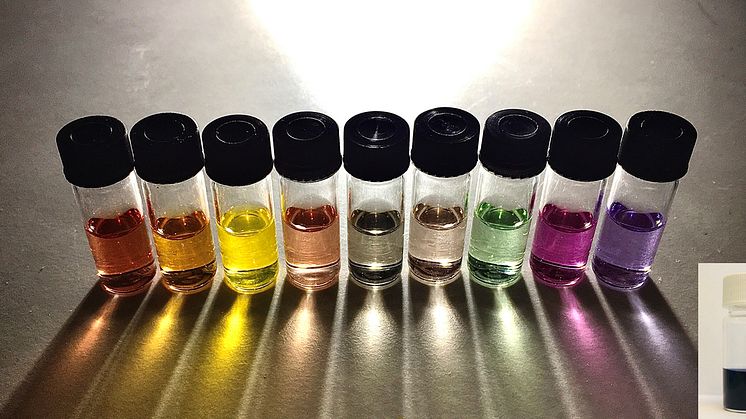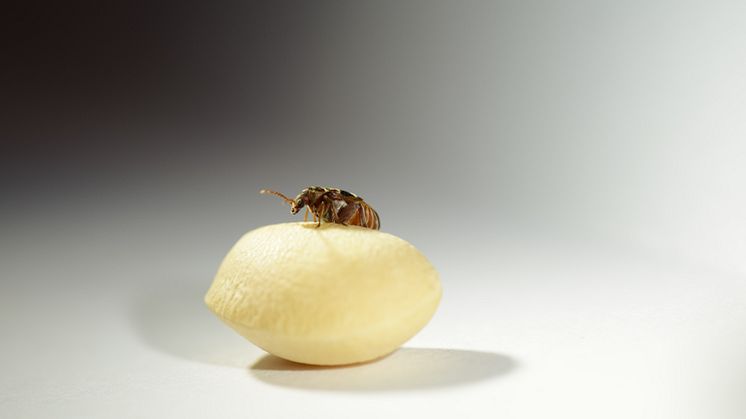Ancient sea monster remains reveal oldest mega-predatory pliosaur
The fossils of a 170-million-year-old ancient marine reptile from the Age of Dinosaurs have been identified as the oldest-known mega-predatory pliosaur – a group of ocean-dwelling reptiles closely related to the famous long-necked plesiosaurs. The findings are rare and add new knowledge to the evolution of plesiosaurs. The study has been published in the journal Scientific Reports.
